Most striped bass anglers would say Conservation Equivalency (CE) as currently practiced by the Atlantic States Marine Fisheries Council (ASMFC) has only lead to further delay in the recovery of our striped bass fishery. And this is a serious impact because striped bass is the most economically critical sportfish on the east coast. Guides, tackle shops, lure manufacturers and fly tiers have suffered due to the continued decline in our striped bass fishery.

ASMFC Track Record
The ASMFC is responsible for 26 inshore species and 17 of which are overfished, depleted or condition unknown. This track record clearly indicates their current practices do not deliver effective results.
Appropriate Use of Conservation Equivalency
Since CE has wreaked such havoc upon recreational and anglers and associated businesses I wanted to learn why CE even exists. Recently, I met with Jason McNamee, Chief of Marine Resource Management of Rhode Island DEM to discuss the best use of CE. The example Jason provided was summer flounder. The neighboring states of Rhode Island and Massachusetts have different regulations due to the varied size of their naturally occurring populations. “RI gets a bigger fluke than Massachusetts and if they used RI regs they would not have much of a season, but they used CE and modified the size and season to create a viable fishery for Massachusetts anglers that met ASMFC targets”
OK, good. Conservation Equivalence is not simply the work of the devil, but in fact, the devil is in the details. The critical difference is between the species involved striped bass and summer flounder are distinctly different in behavior. First, the summer flounder are not overfished. Second, summer flounder do not migrate along the coast rather inshore and offshore creating a discrete population in both RI and MA.
Misuse of Conservation Equivalency
In 2015 Maryland overfished their CE proposal by 217% wiping out the 2011 year class. The then robust 2011 year class would have spearheaded a faster recovery along the striper coast. Their egregious miscalculation carried no consequence. What is the deterrent to prevent this from happening again? It is clear now that New Jersey is shifting its focus to the remaining strong 2015 year class.
“Fisheries science isn’t brain surgery...it’s harder”
While the ASMFC Technical Committee (TC) reviews the various CE proposals they are mostly focused on the calculations. Jason McNamee me the TC is increasing the quality requirements of the given state’s data. The “math” in MD’s devastating miscalculation a few years ago was approved by the TC. Fisheries management is fraught with variables like angler effort, the impact of technology, weather and baitfish migrations that are very difficult to quantify. This is something the TC readily acknowledges. A university oceanography professor, fisherman, and friend said “Fisheries science isn’t brain surgery...it’s harder”
Stop the Reckless Use of Conservation Equivalency
ASMFC must stop the reckless use of CE and begin the rebuilding of striped bass. The proposals outlined below would be a positive step in an attempt to limit the misuse of CE.- No CE proposals for overfished species until they are recovered. This was proposed by Abbott/ NH and seconded by McMurray/NY at the last meeting with little support
- NO CE proposals for coastwide migrating species. A quota reduction target only works if all states are onboard a point made by Jason MacNamee at the last meeting
- No CE proposals without payback provisions the following year This is similar to Federal requirements
Our Best Hope: American Saltwater Guides Association
ASGA is a coalition of forward-thinking guides, small business owners and like-minded anglers who understand the value of keeping fish in the water. We realize that abundance equals opportunity, and that drives participation. This abundance aligns perfectly with the desires of most recreational fisherman and together ASGA focuses and amplifies the voice and opinion of recreational anglers and the associated businesses.
Learn more about ASGA and it's policies regarding CE and ASMFC




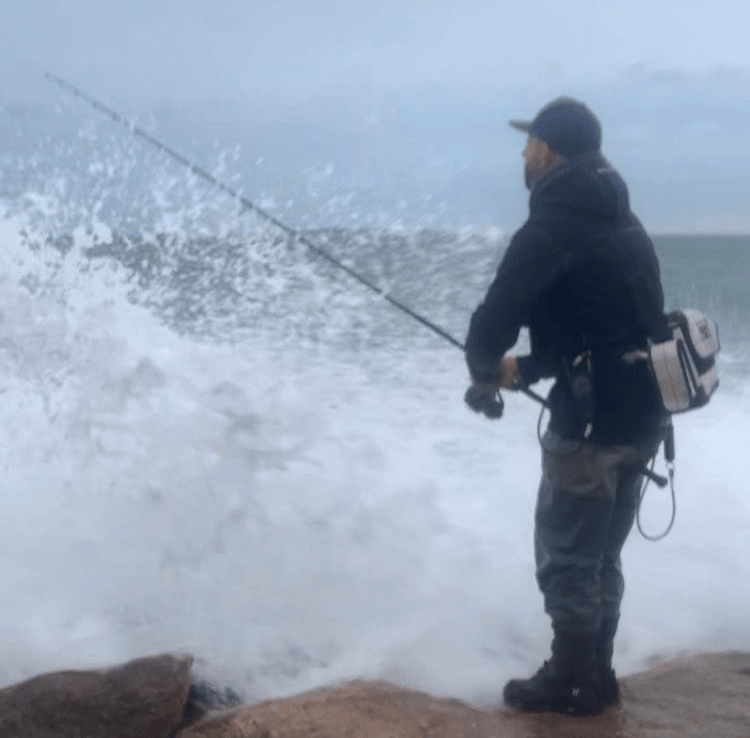

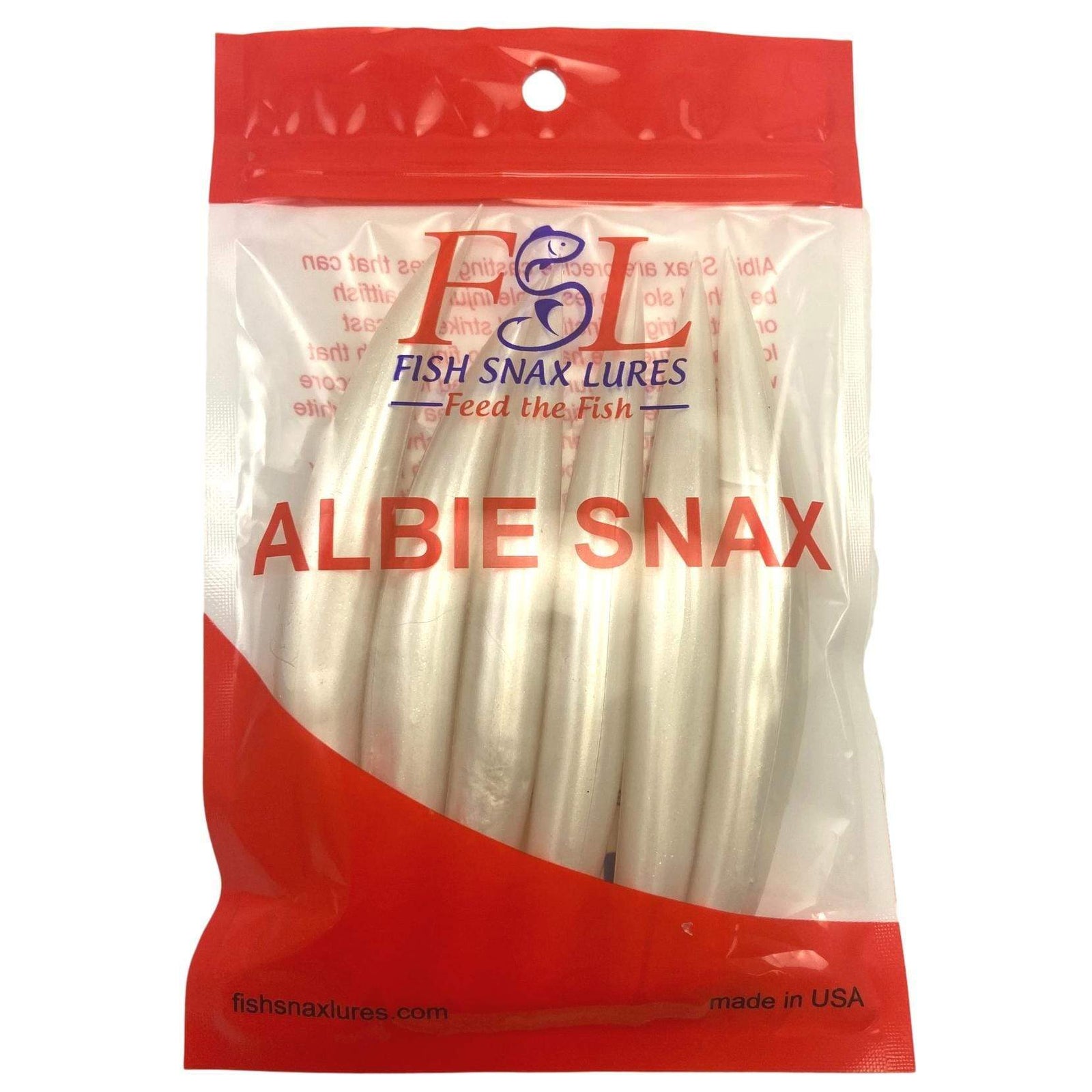


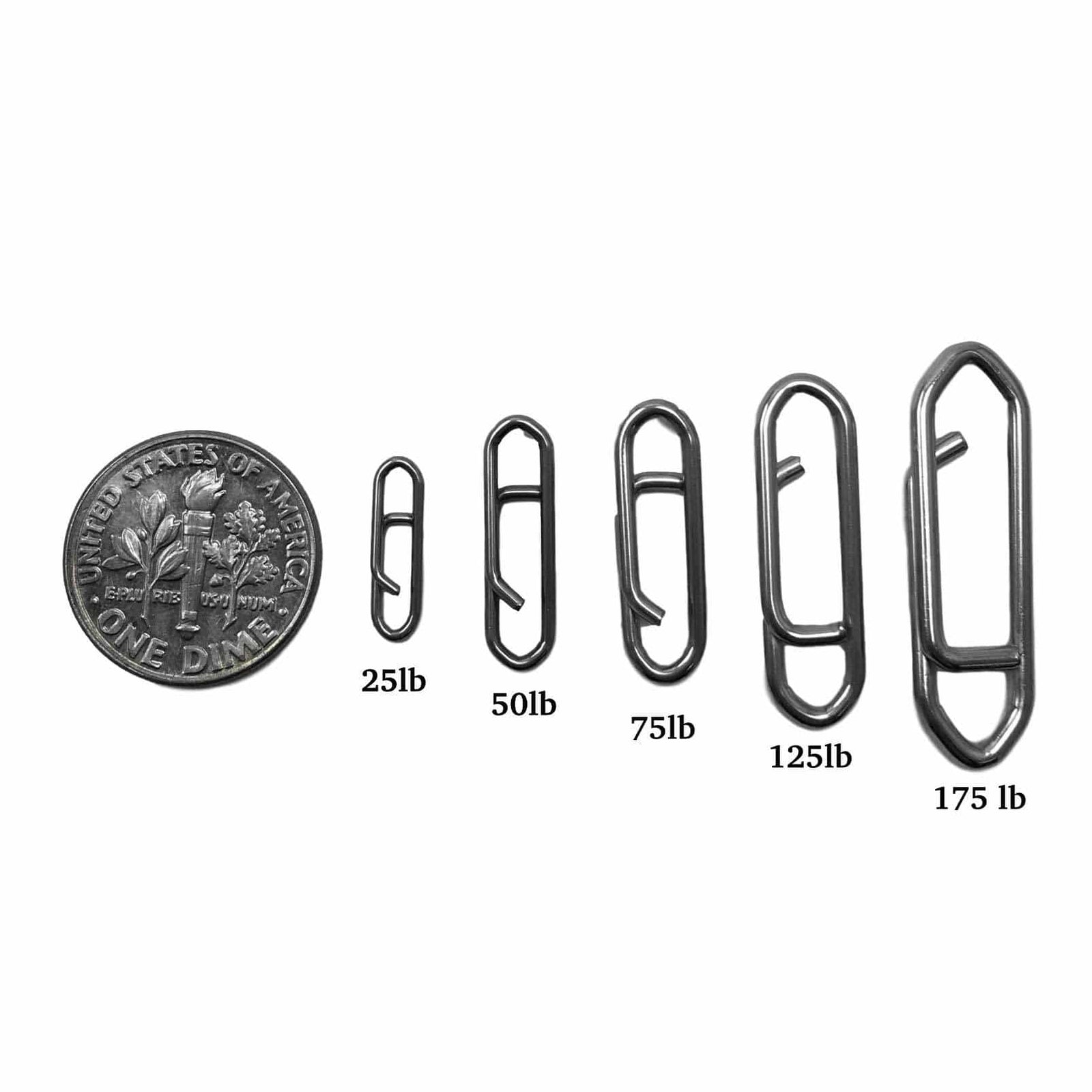




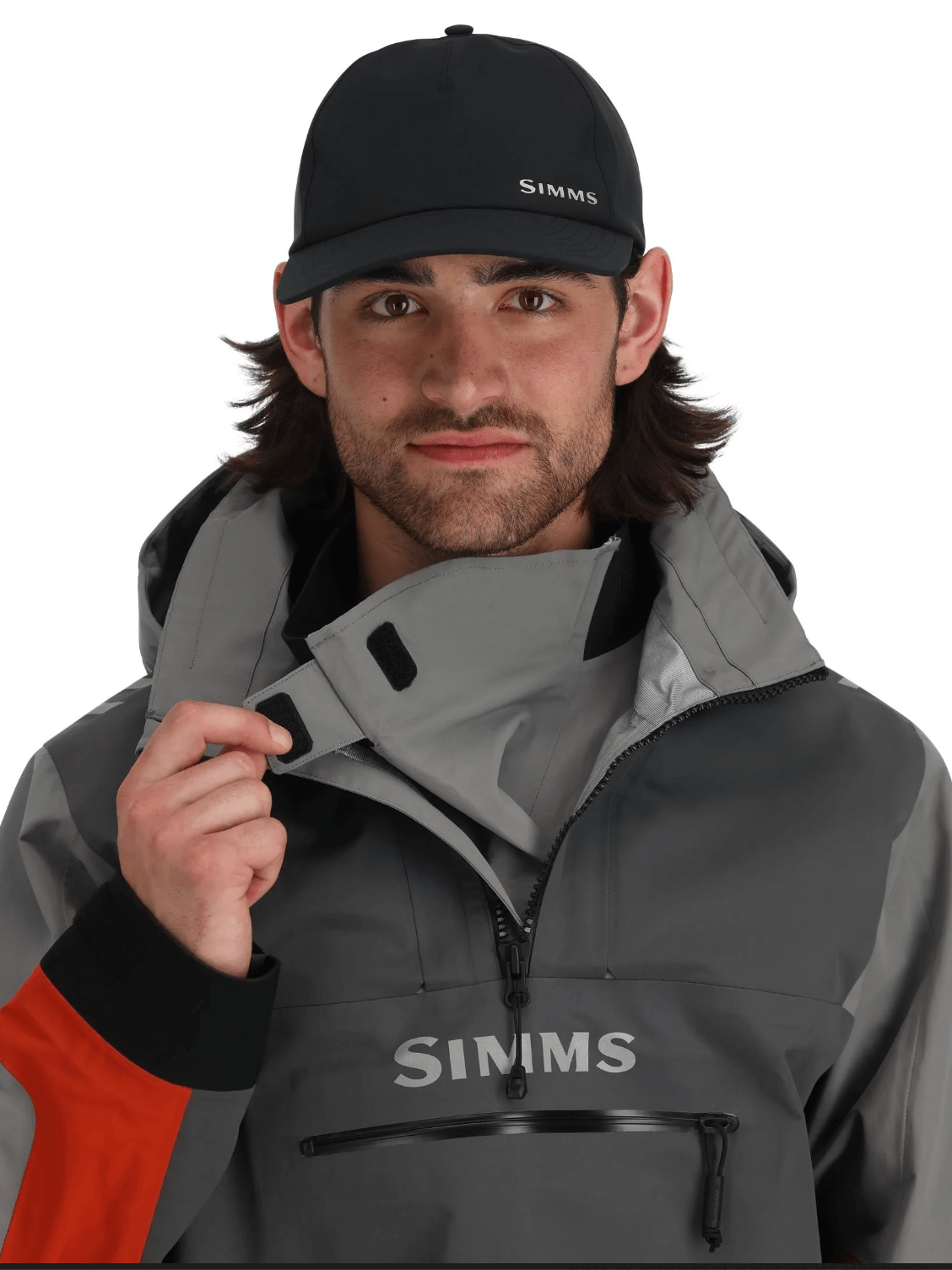

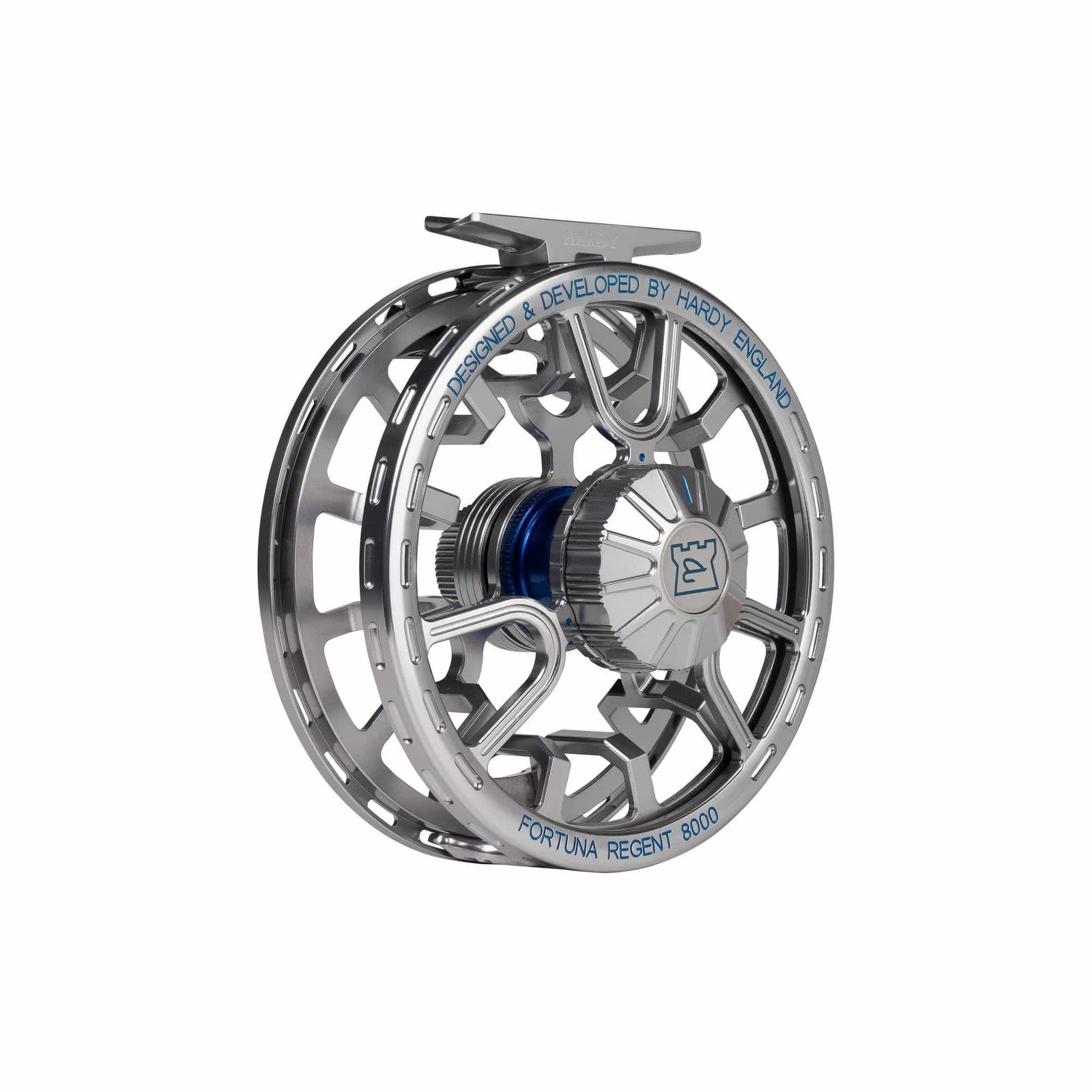
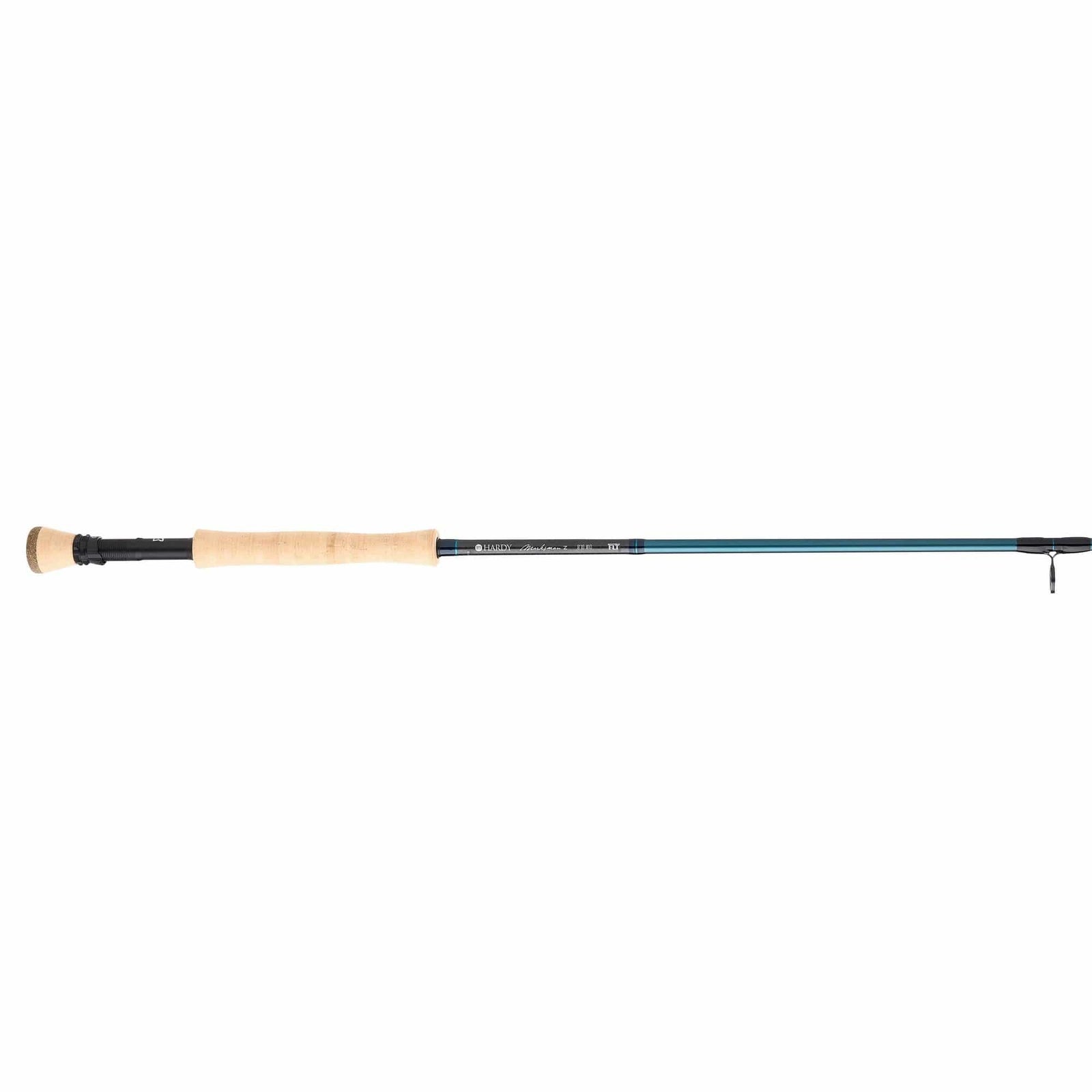
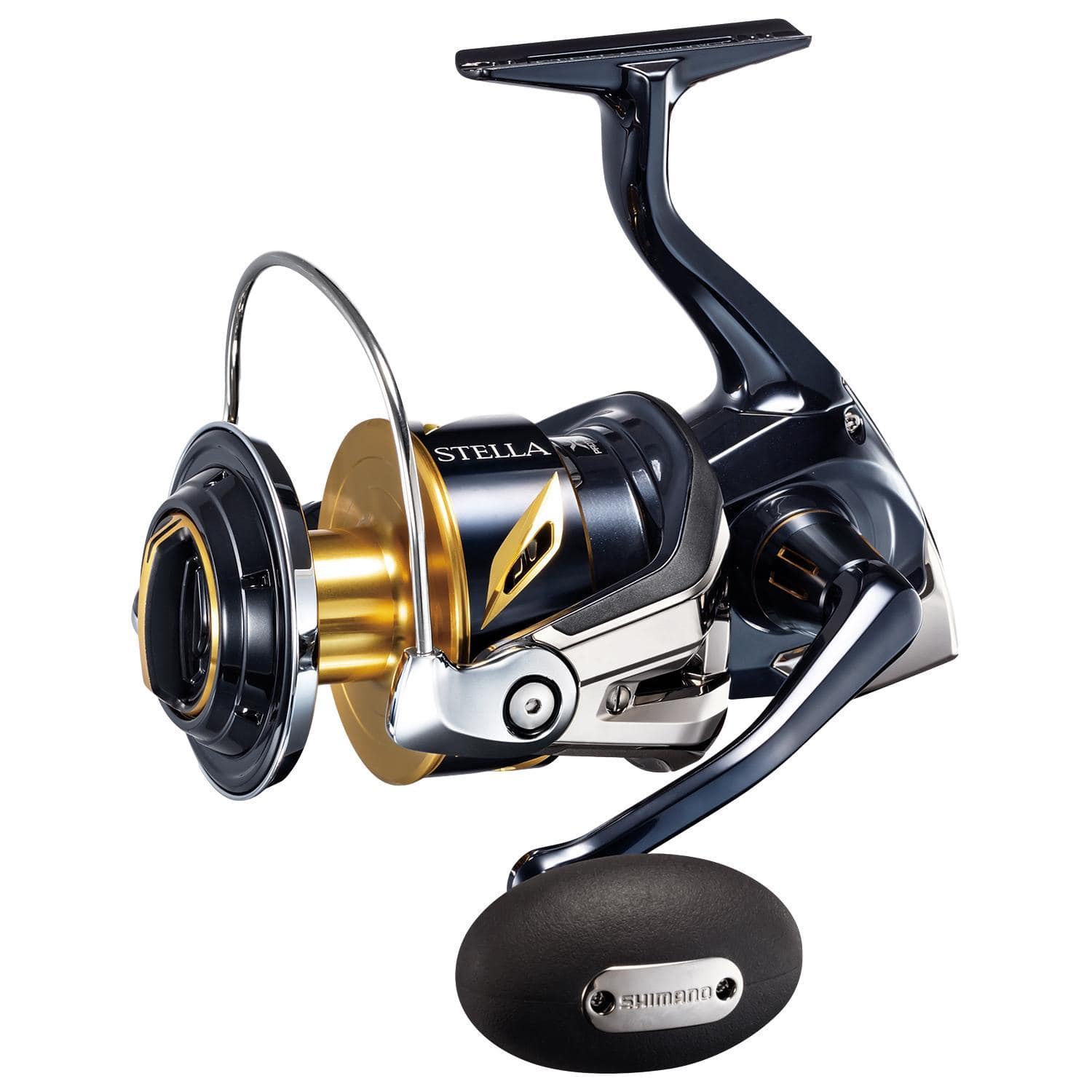
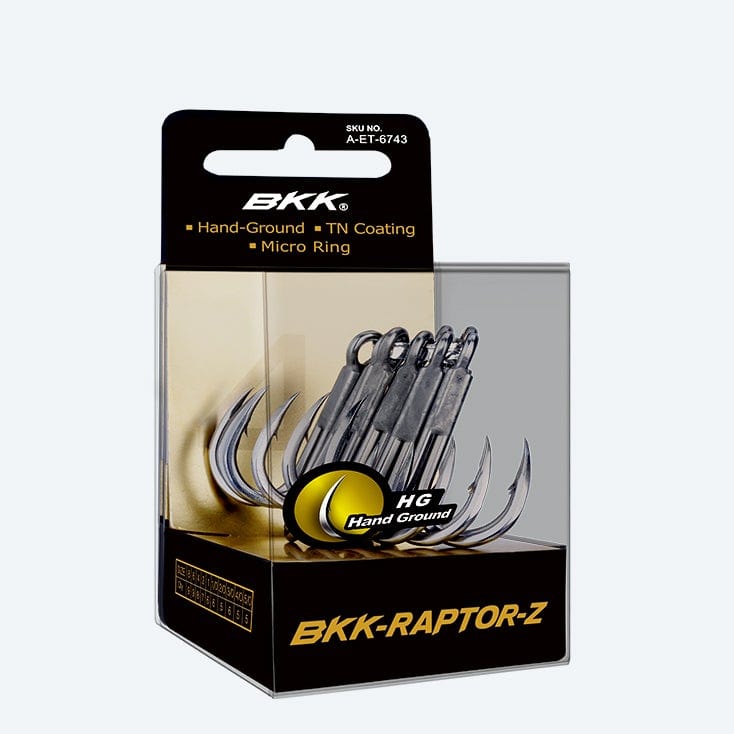
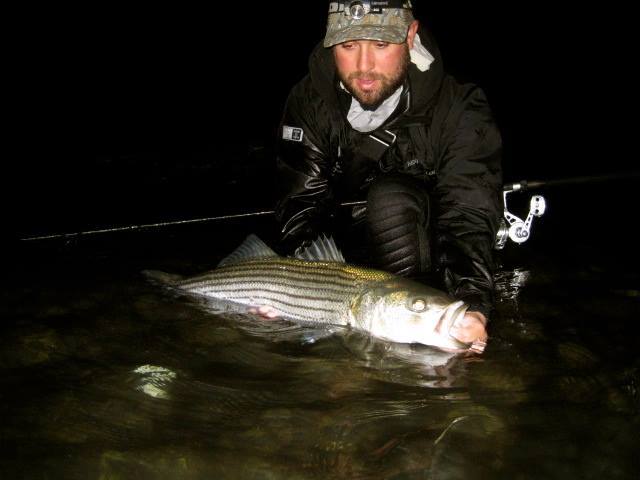
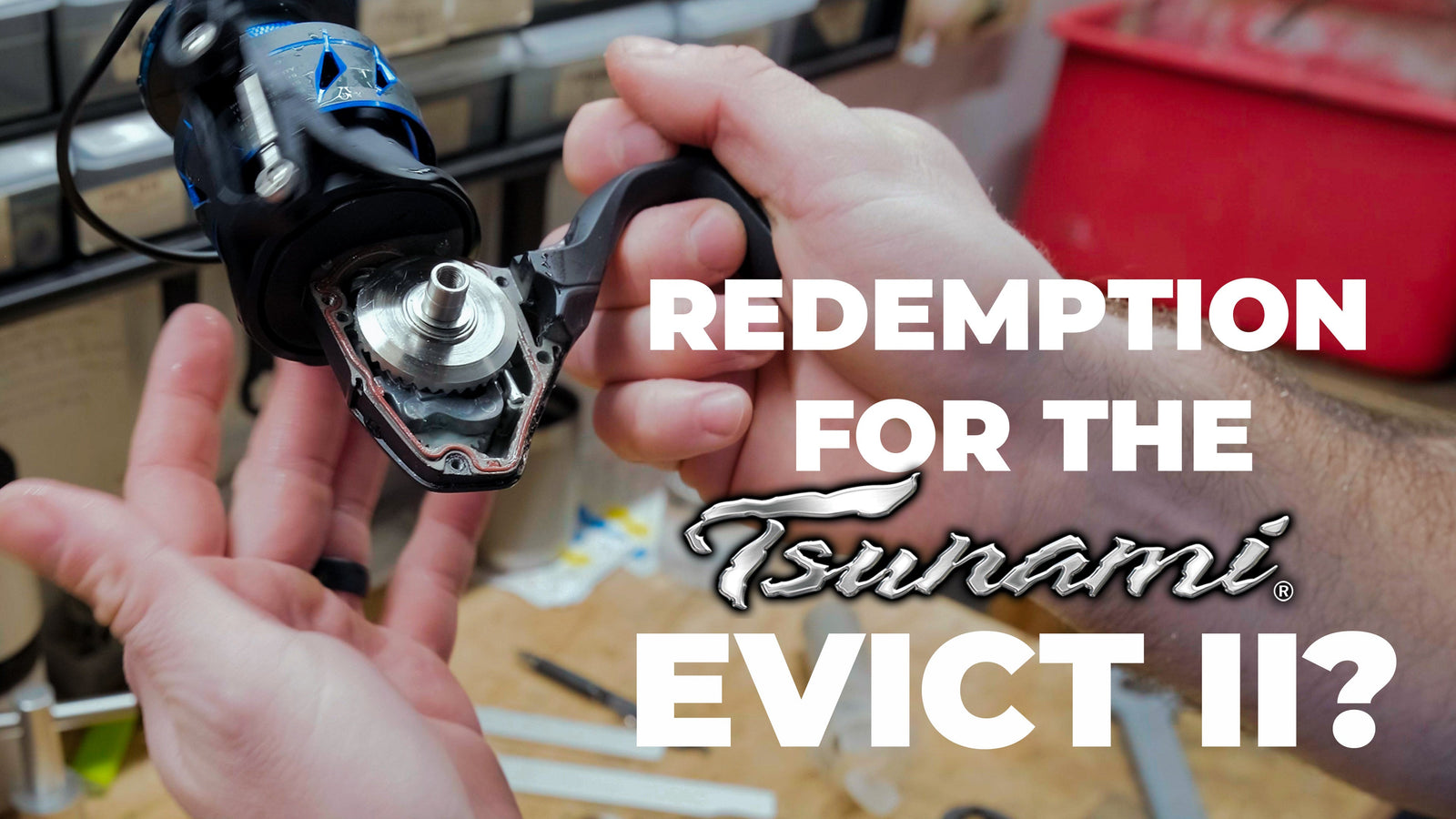
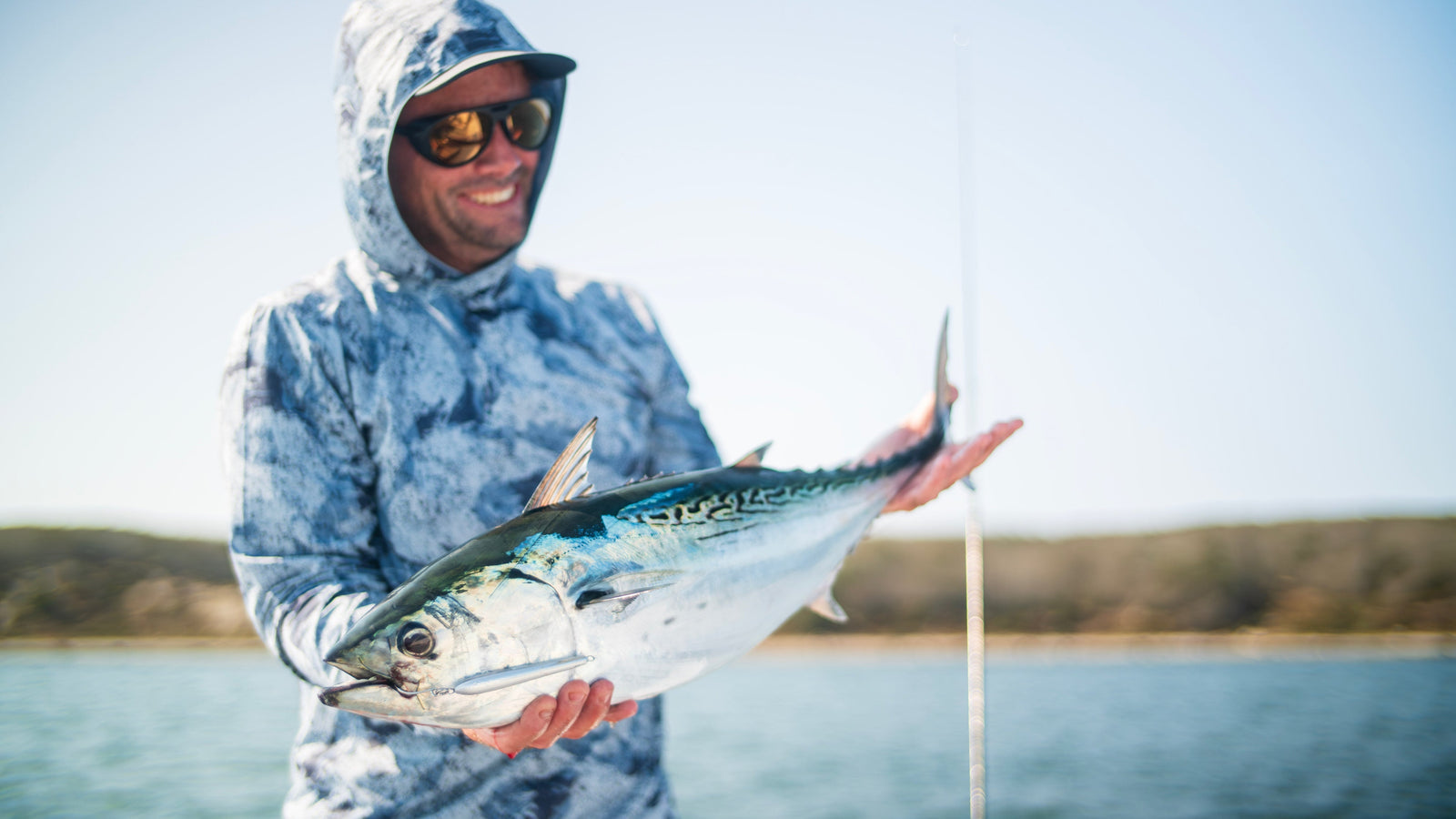
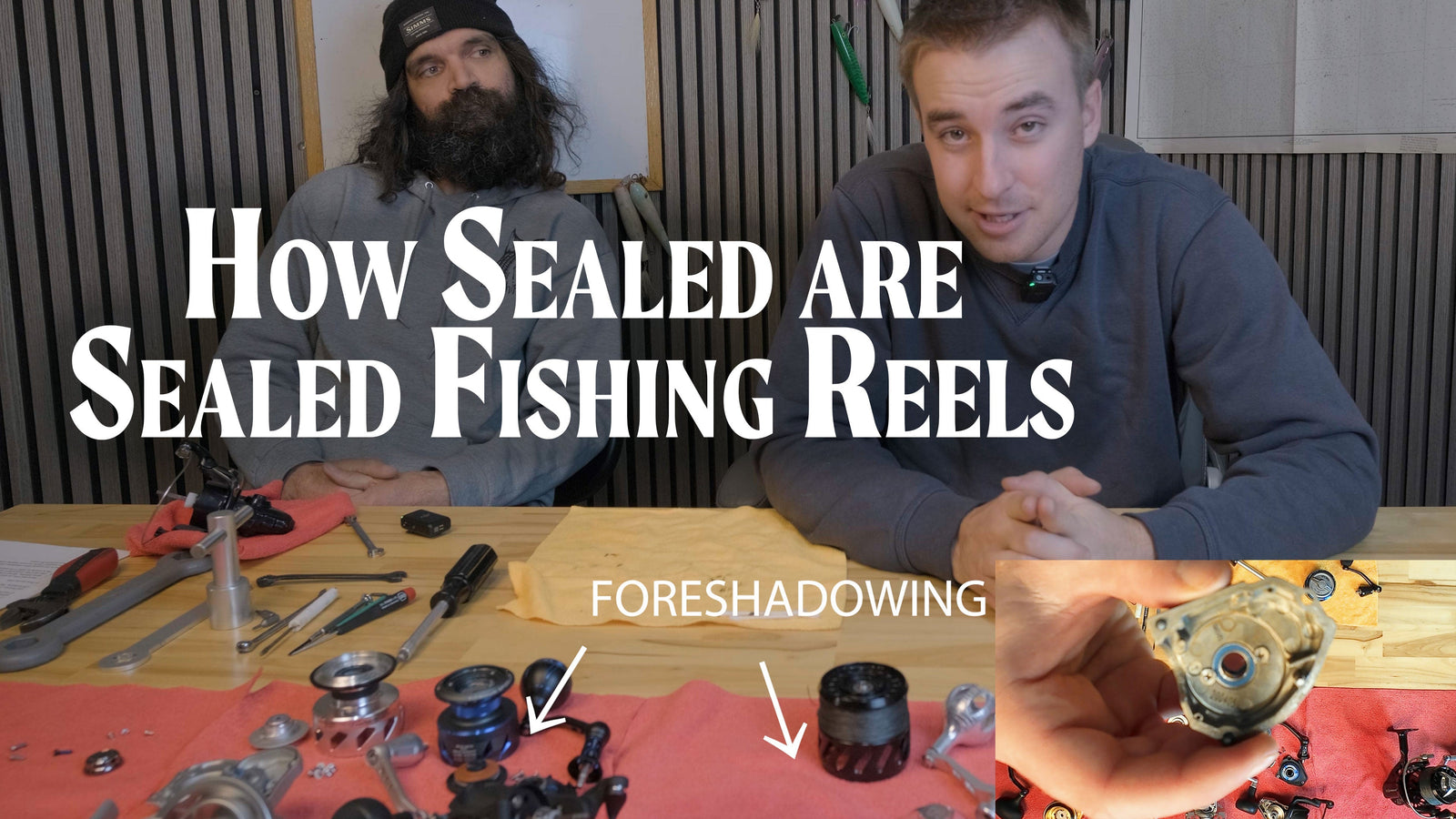
Leave a comment (all fields required)